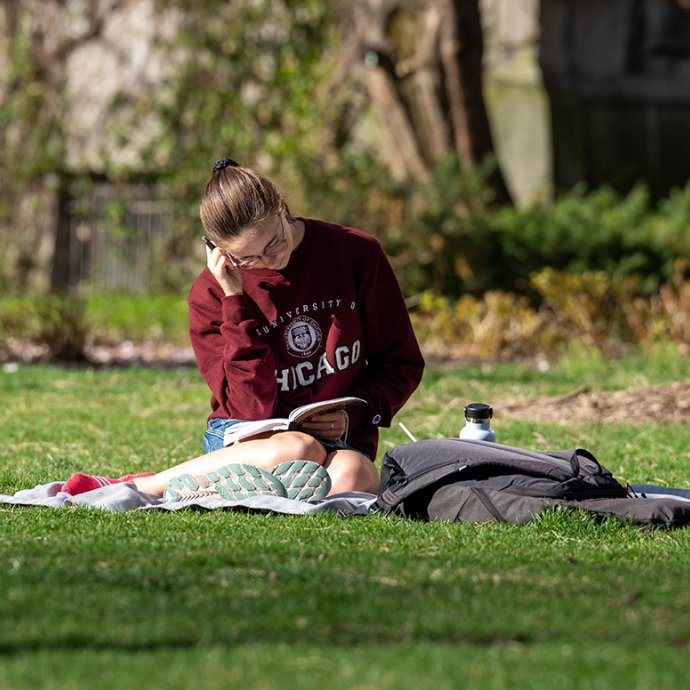Profs. Jonathan Lear and Roger B. Myerson have been elected to the American Philosophical Society, the oldest learned society in the United States.
Lear and Myerson are among the 36 newly elected members to the society, announced May 15. Also included in this year’s class are UChicago Trustee David Rubenstein, JD’73, co-founder and co-CEO of The Carlyle Group; and Prof. Clifford Tabin, AB’76, chair of the Department of Genetics at Harvard Medical School.
The John U. Nef Distinguished Service Professor at the Committee on Social Thought and the Department of Philosophy, Lear has examined philosophical conceptions of the human psyche and the ethical questions that center on that comprehension. In his work, Lear has gravitated toward philosophers such as Aristotle, Plato and Socrates, as well as Kierkeggard and Freudian psychoanalysis.
His books include Radical Hope: Ethics in the Face of Cultural Devastation (2006), Wisdom Won From Illness: Essays in Philosophy and Psychoanalysis (2017) and The Idea of a Philosophical Anthropology: The Spinoza Lectures (2017). He is a fellow of the American Academy of Arts and Sciences and a recipient of the Andrew W. Mellon Foundation Distinguished Achievement Award. Since 2014 Lear has served as the Roman Family Director of the Neubauer Collegium for Culture and Society.
Myerson, the David L. Pearson Distinguished Service Professor of Global Conflict Studies in the Harris School of Public Policy and the Griffin Department of Economics, has made seminal contributions in the fields of economics and political science. In game theory, he introduced refinements of Nash’s equilibrium concept and developed techniques to characterize the effects of communication among rational agents who have different information. In 2007 he was awarded the Sveriges Riksbank Prize in Economic Sciences in Memory of Alfred Nobel, in recognition of his contributions to mechanism design theory.
He is the author of Game Theory: Analysis of Conflict (1991) and Probability Models for Economic Decisions (2005) and has published numerous articles in professional journals, including Econometrica, Journal of Economic Theory, Games and Decisions, American Political Science Review, Mathematics of Operations Research and International Journal of Game Theory. He has served as president of the Game Theory Society, president of the Econometric Society, and vice president of the American Academy of Arts and Sciences.
Founded by Benjamin Franklin in 1743 for the purpose of “promoting useful knowledge,” the American Philosophical Society promotes excellence and useful knowledge in the sciences and humanities, with more than 1,000 members drawing from the fields of mathematics; the biological, physical and social sciences; the humanities; the arts; and other learned professions.
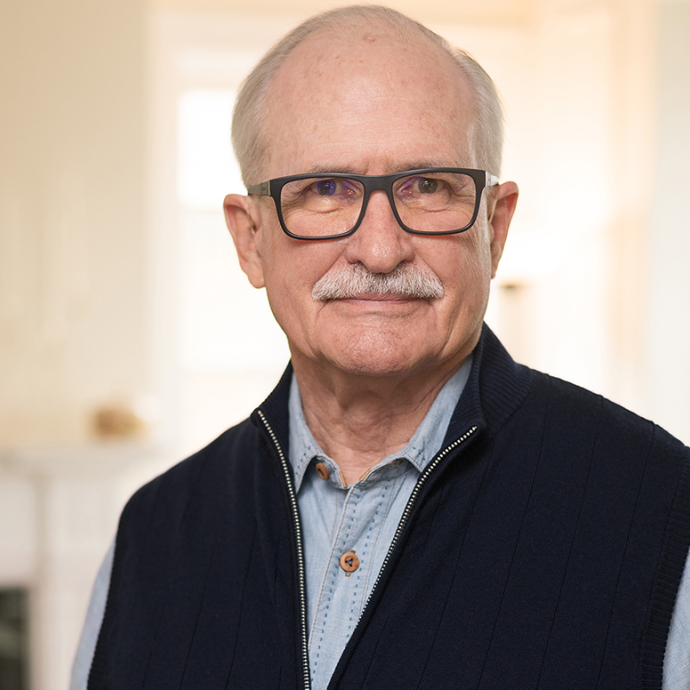
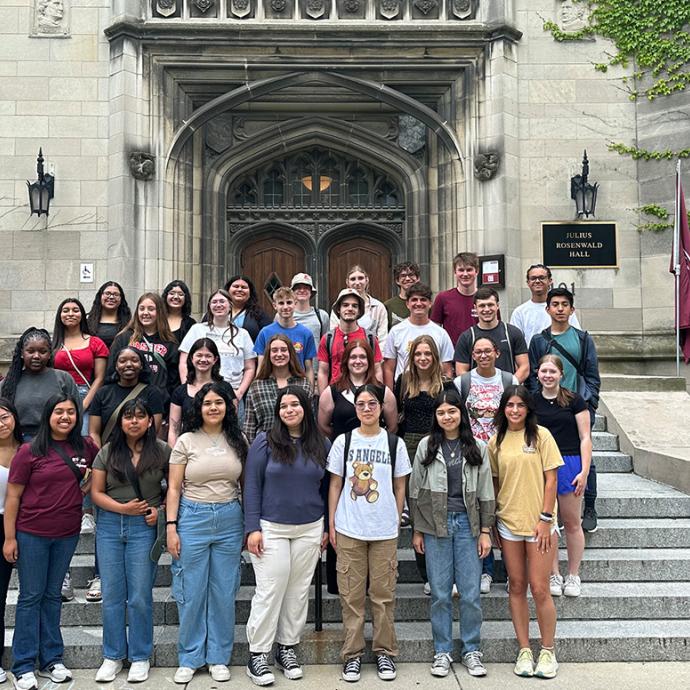
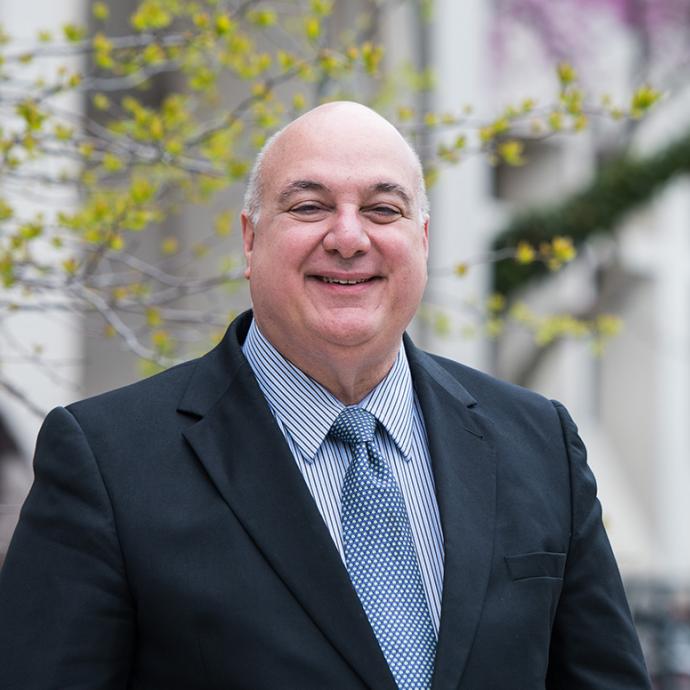

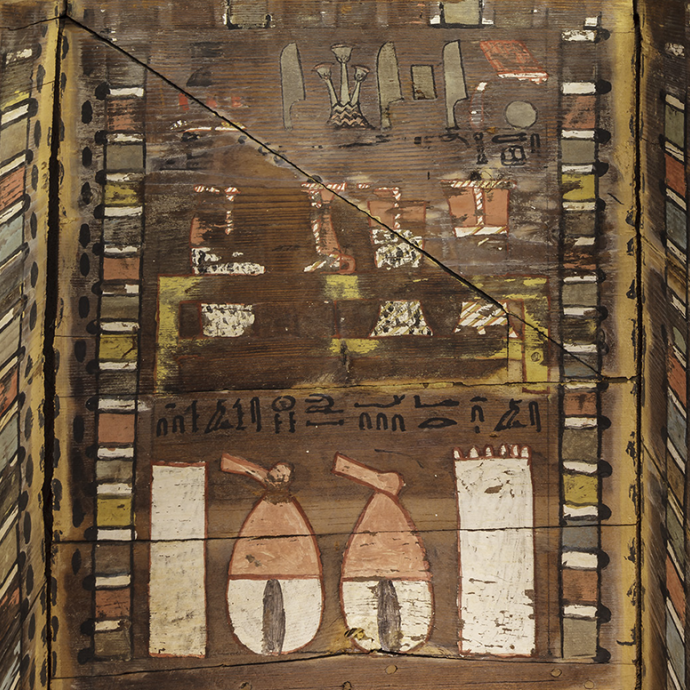

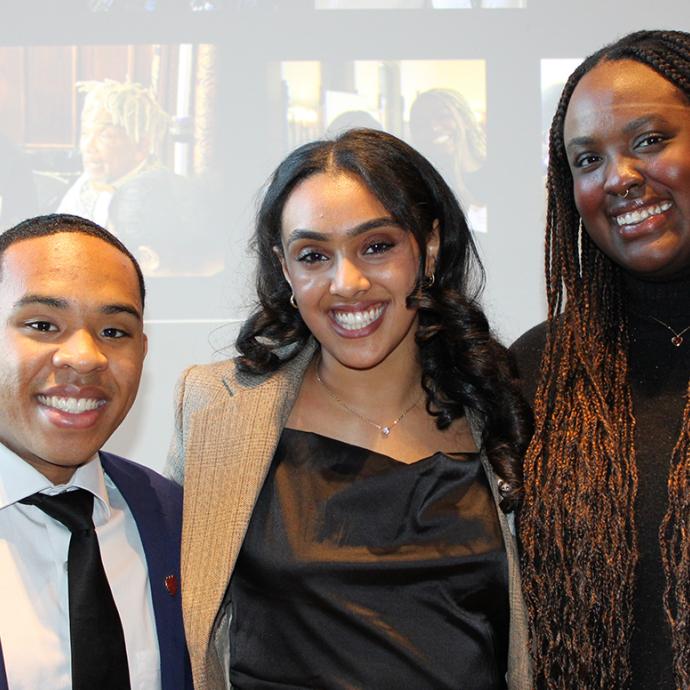
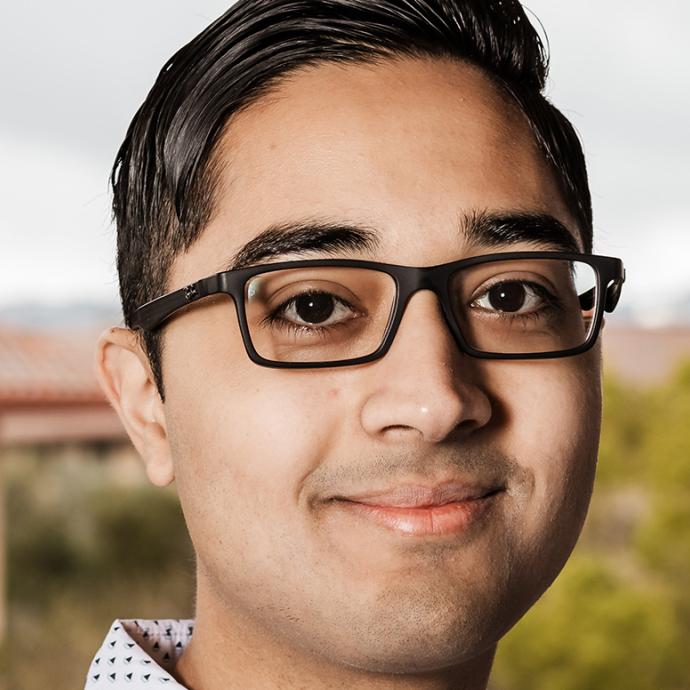
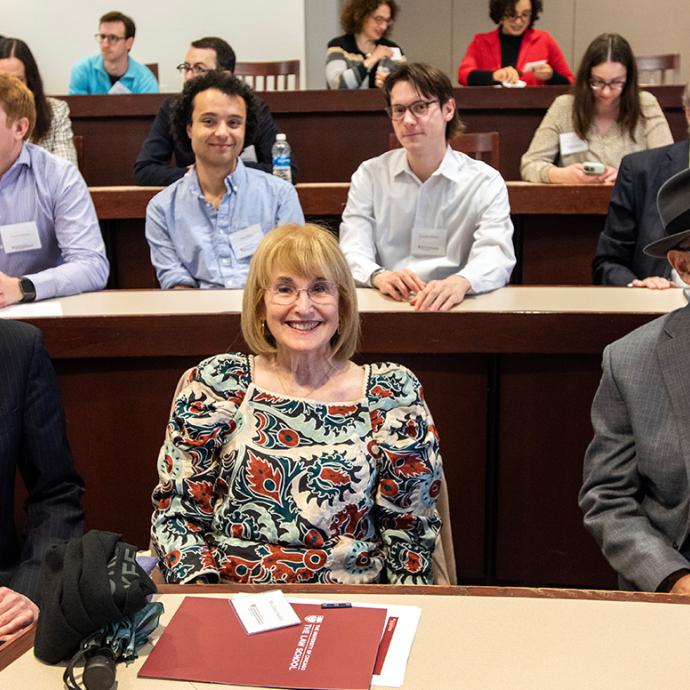
 —Prof. Chuan He
—Prof. Chuan He
